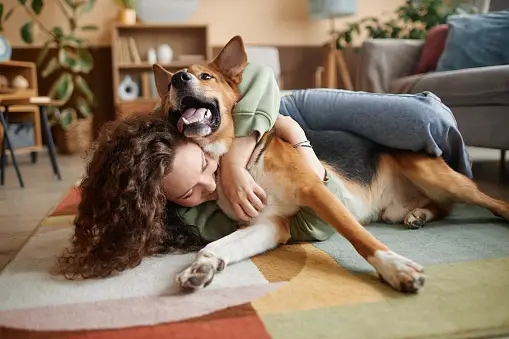Should You Be Worried About Your Pets and the "Monkeypox" Epidemic?
Understanding the risks for your beloved cats and dogs.

Introduction
With the recent outbreak of the "monkeypox" epidemic, many pet owners are asking a critical question: Should I be worried about my dog or cat? This article aims to provide a professional and thorough examination of the risks posed to your beloved pets.
What is Monkeypox?
Monkeypox is a viral zoonotic disease, meaning it can be transmitted from animals to humans. The disease is caused by the monkeypox virus, which belongs to the Orthopoxvirus genus. Although the name might suggest a link to monkeys, the virus is more commonly found in rodents in Central and West Africa.
Can Cats and Dogs Get Monkeypox?
As of now, there is no substantial evidence that dogs and cats are susceptible to monkeypox or can transmit it to humans. The primary hosts for the monkeypox virus are rodents, and cases of transmission to non-rodent animals are exceedingly rare.
Should Pet Owners Be Concerned?
While there is no immediate threat to cats and dogs, pet owners should still exercise caution:
- Observe Your Pets: Keep an eye on your pets for any unusual symptoms, although the chance of them contracting monkeypox is very low.
- Avoid Wild Animals: Prevent your pets from interacting with wild animals, especially rodents, which are known carriers of the virus.
- Hygiene Practices: Maintain good hygiene and avoid close contact with your pets if you or someone in your household is experiencing symptoms of monkeypox.
What Are the Symptoms?
For humans, symptoms of monkeypox include fever, headache, muscle aches, and a rash that often starts on the face and spreads to other parts of the body. While there are no documented cases of cats or dogs showing symptoms of monkeypox, it's always good to be aware and cautious.
Conclusion
In summary, there is no need for undue worry about your cat or dog contracting monkeypox. However, maintaining good hygiene and keeping an eye on your pet’s health are prudent steps. Always consult your veterinarian for any concerns regarding your pet’s health.

Stay informed, stay safe, and continue to cherish the companionship of your furry friends!
